Symantec snaps up LifeLock for $2.3 billion
Security company acquires identity theft protection firm

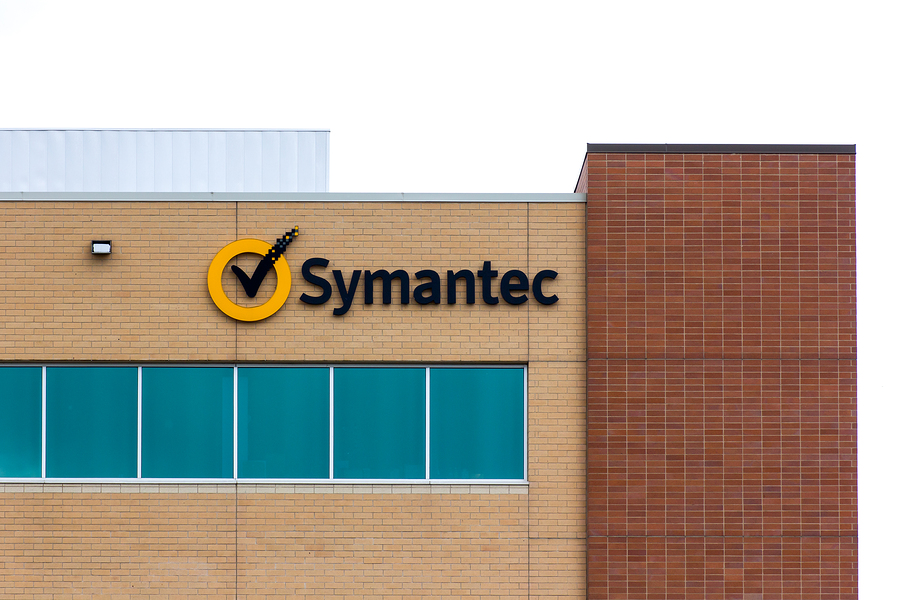
Symantec has bought identify theft protection firm LifeLock in a deal worth $2.3 billion (1.85 billion).
The acquisition comes as Symantec looks to bolster its consumer market against falling anti-virus sales. It said this would "enable sustainable consumer segment revenue and profit growth".
Symantec said it expected to finance the transaction with cash on the balance sheet and $750 million of new debt. Symantec's board of directors has also increased the company's share repurchase authorisation from approximately $800 million to $1.3 billion, with up to $500 million in repurchases targeted by the end of Symantec's fiscal year in 2017.
LifeLock offers identity theft protection services for consumers and consumer risk management services for enterprises. It also offers threat detection, identity alerts, and remediation services.
Greg Clark, Symantec CEO, said the deal marks the transformation of the consumer security industry "from malware protection to the broader category of digital safety for consumers."
"As we all know, consumer cybercrime has reached crisis levels. LifeLock is a leading provider of identity and fraud protection services, with over 4.4 million highly-satisfied members and growing. With the combination of Norton and LifeLock, we will be able to deliver comprehensive cyber defense for consumers," he said.
LifeLock CEO Hilary Schneider added that having looked at alternatives, LifeLock's board of direcors concluded the deal with Symantec was "ideal" and offers shareholders "a significant premium for their investment, at closing".
Sign up today and you will receive a free copy of our Future Focus 2025 report - the leading guidance on AI, cybersecurity and other IT challenges as per 700+ senior executives
"Together with Symantec we can deploy enhanced technology and analytics to provide our customers with unparalleled information and identity protection services. We are very pleased to have reached an outcome that serves the best interests of all LifeLock stakeholders," she said.
By offering each of the company's respective customer bases a broader digital safety solution, Symantec said it "expects to achieve additional revenue upside through higher ASPs and improved retention rates."
Rene Millman is a freelance writer and broadcaster who covers cybersecurity, AI, IoT, and the cloud. He also works as a contributing analyst at GigaOm and has previously worked as an analyst for Gartner covering the infrastructure market. He has made numerous television appearances to give his views and expertise on technology trends and companies that affect and shape our lives. You can follow Rene Millman on Twitter.
-
 Hackers are using LLMs to generate malicious JavaScript in real time
Hackers are using LLMs to generate malicious JavaScript in real timeNews Defenders advised to use runtime behavioral analysis to detect and block malicious activity at the point of execution, directly within the browser
-
 Developers in India are "catching up fast" on AI-generated coding
Developers in India are "catching up fast" on AI-generated codingNews Developers in the United States are leading the world in AI coding practices, at least for now
-
 Cyber teams are struggling to keep up with a torrent of security alerts
Cyber teams are struggling to keep up with a torrent of security alertsNews Fragmented identity security processes are creating blind spots, and the proliferation of tools doesn't help
-
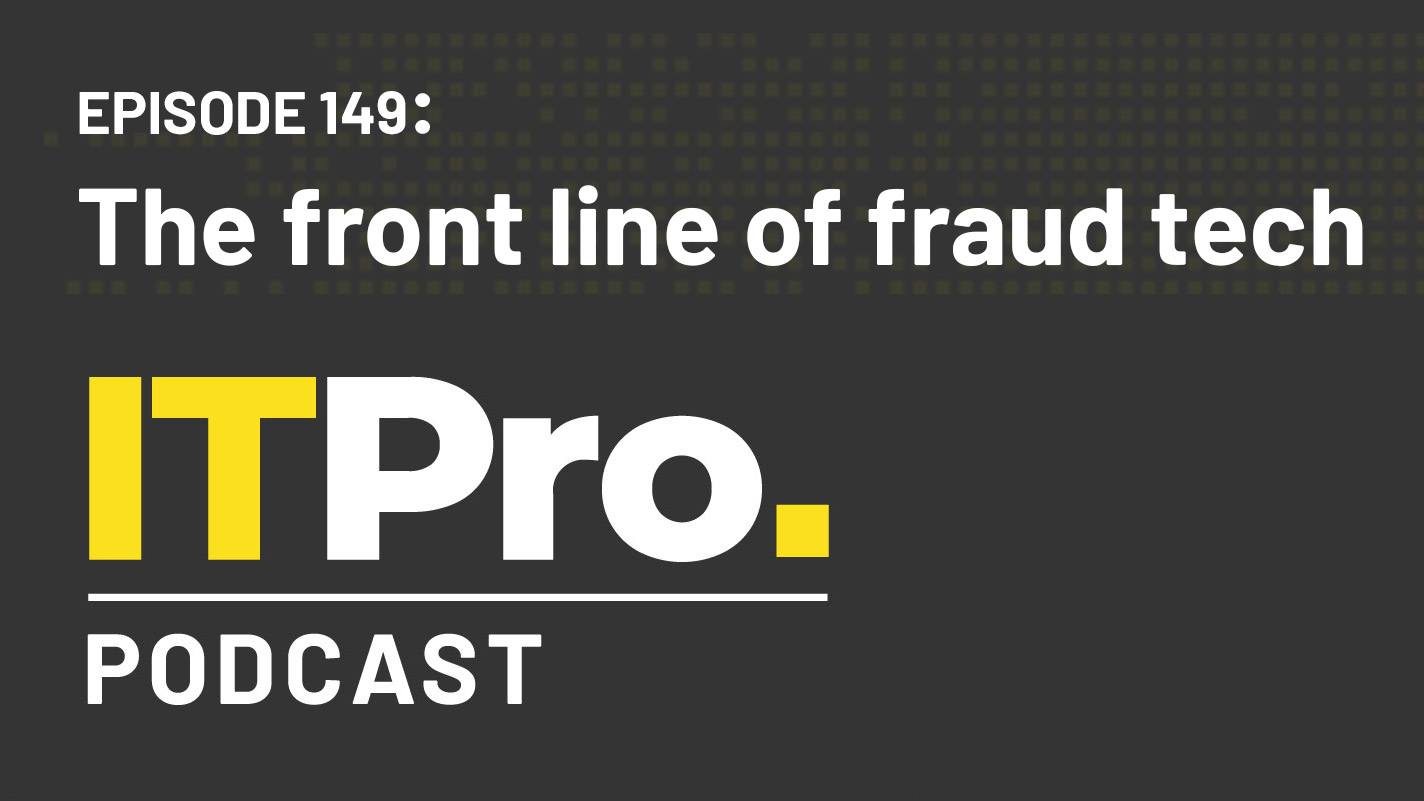 The IT Pro Podcast: The front line of fraud tech
The IT Pro Podcast: The front line of fraud techIT Pro Podcast With tools such as deepfakes, the future of fraud tech relies on cutting edge AI as much as good security practice
-
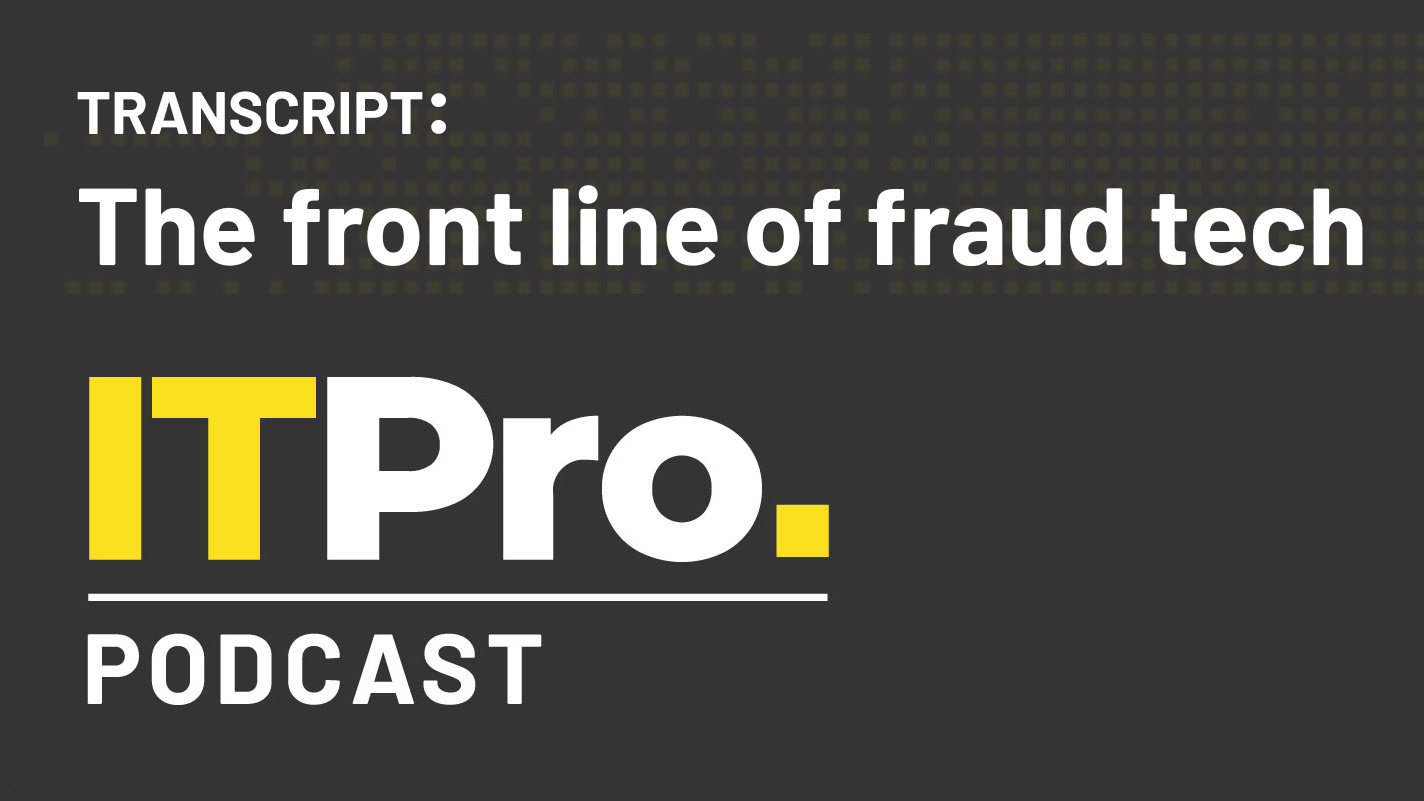 Podcast transcript: The front line of fraud tech
Podcast transcript: The front line of fraud techIT Pro Podcast Read the full transcript for this episode of the IT Pro Podcast
-
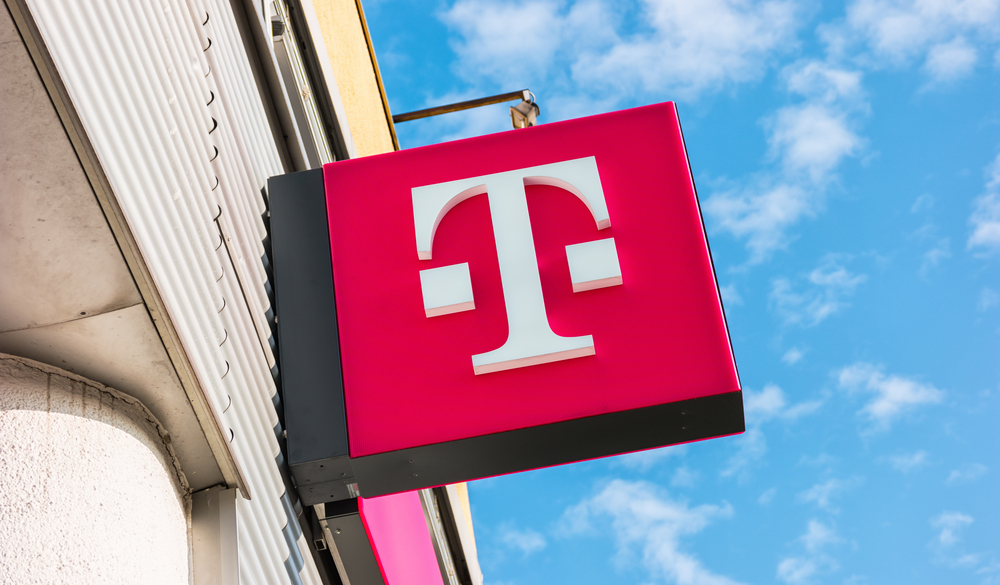 LAPSUS$ breached T-Mobile systems, stole source code
LAPSUS$ breached T-Mobile systems, stole source codeNews T-Mobile has denied that the hackers obtained customer or government information
-
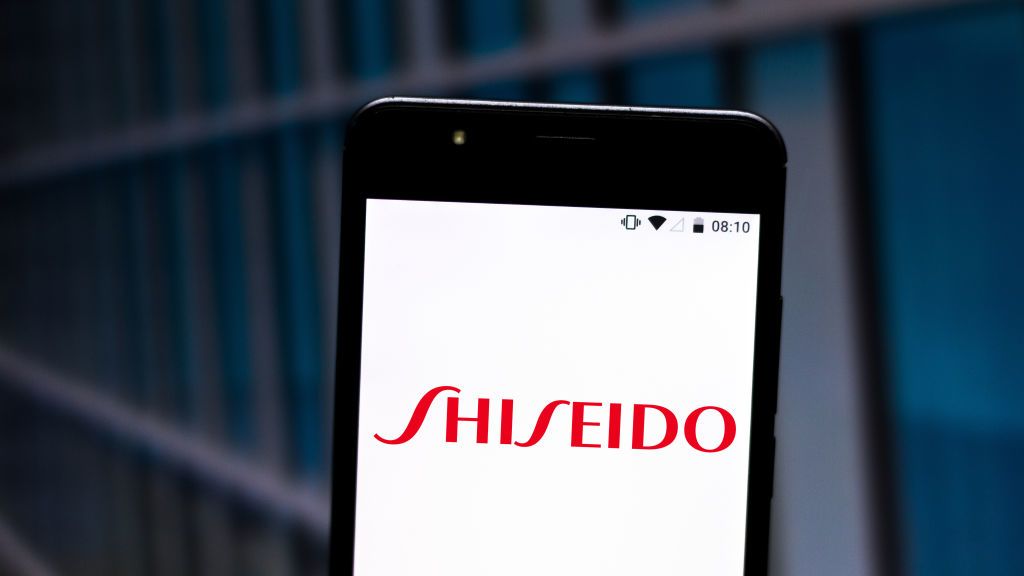 Exclusive: Former Shiseido staff say company was aware of data breach weeks before official notice
Exclusive: Former Shiseido staff say company was aware of data breach weeks before official noticeNews Fake companies were created using the stolen identities of hundreds of Shiseido employees, former staff claim
-
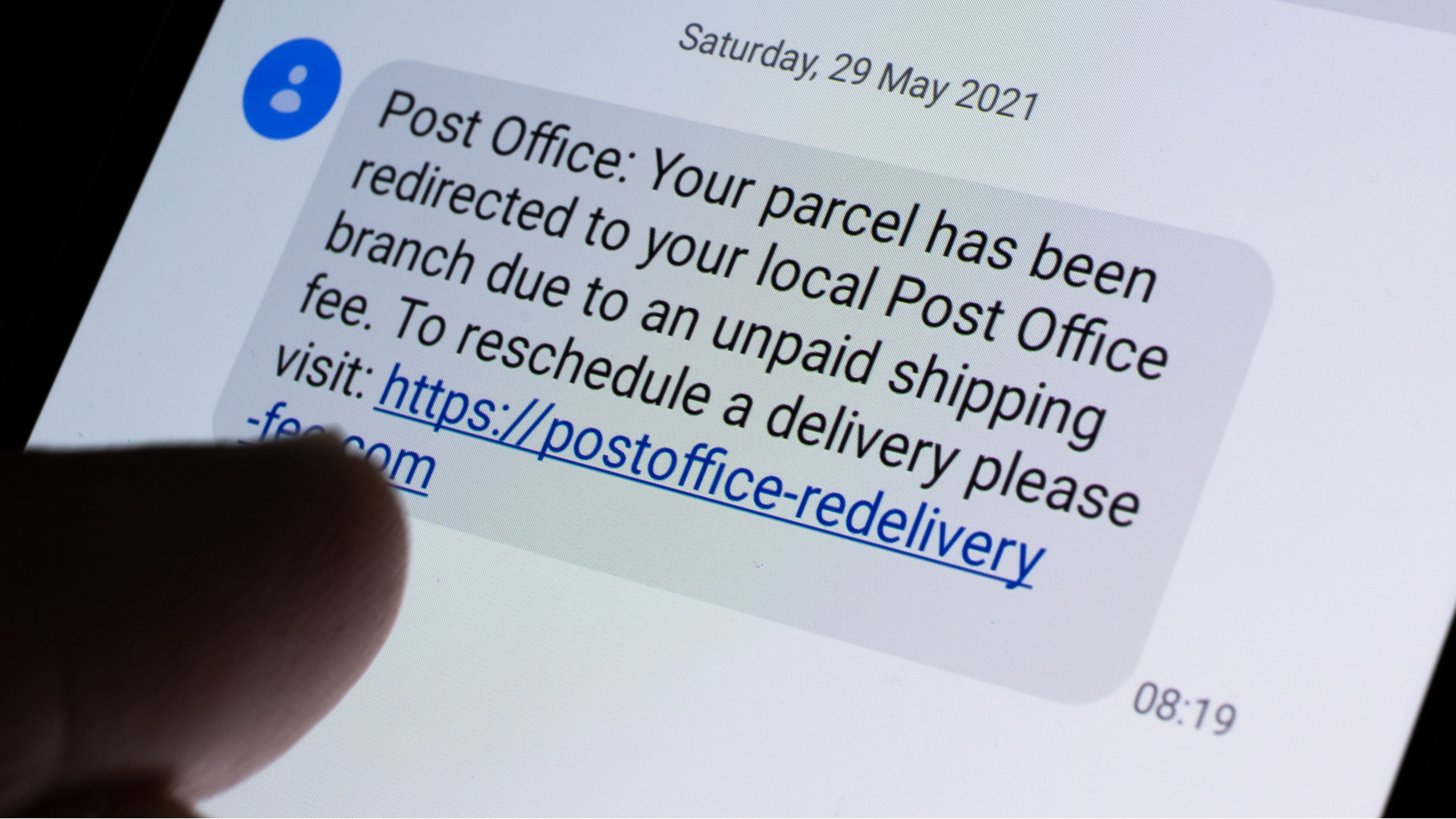 What is smishing?
What is smishing?In-depth A closer look at one of the most perilous forms of phishing
-
 SentiLink raises $70 million for its identity verification platform
SentiLink raises $70 million for its identity verification platformNews SentiLink’s ID Theft Score helps businesses combat synthetic fraud
-
 More than half of businesses saw rising fraud levels this year
More than half of businesses saw rising fraud levels this yearNews Each individual identity fraud attempt could cost an organisation between £1,000 and £4,999 on average
